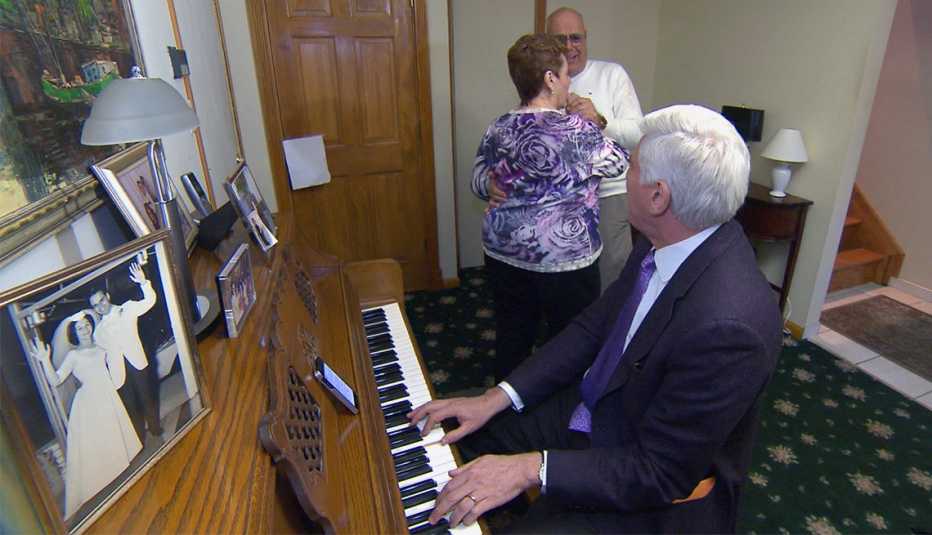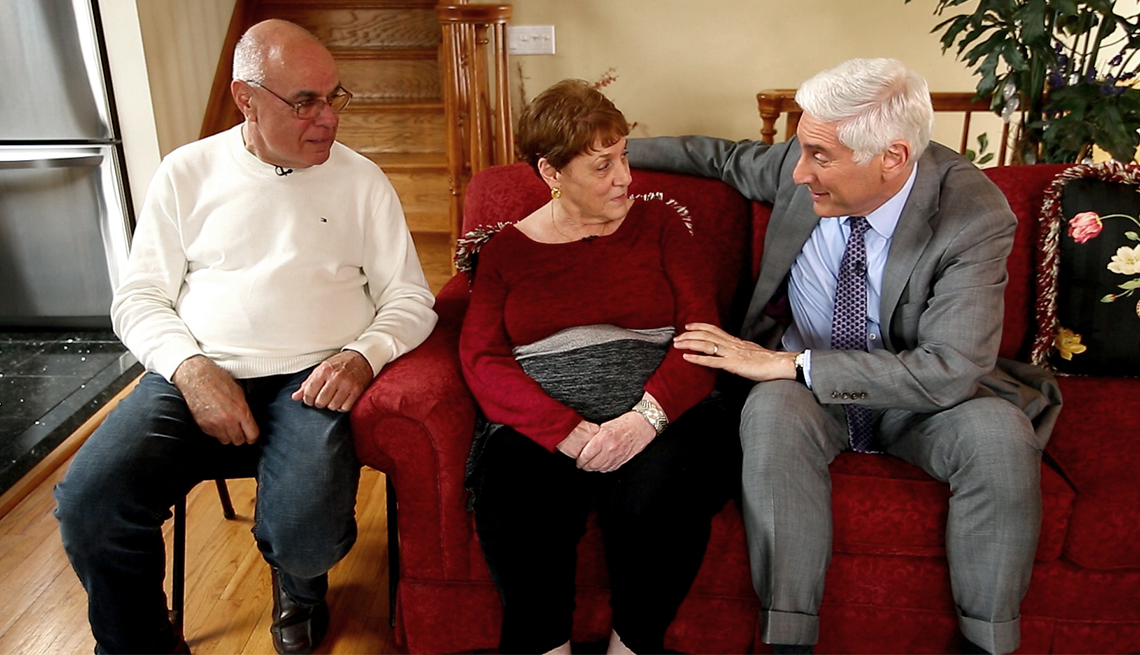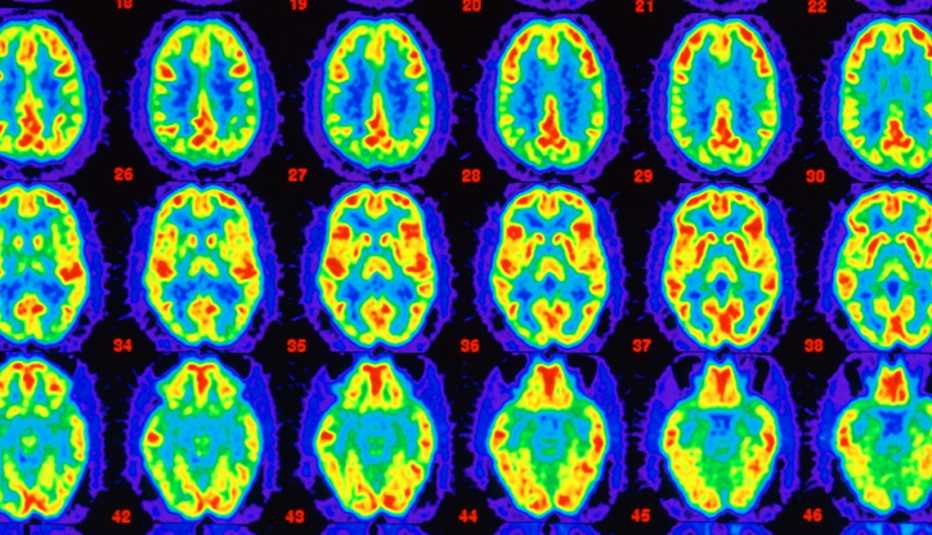AARP Hearing Center
Where to Watch: CBS
Air date: Sunday, April 22, 7 p.m. ET; streaming on CBS
A poignant report on the television news magazine 60 Minutes, chronicling the 10-year story of a couple who have been affected by Alzheimer's disease, captures both their agony and their inspiring love after more than 50 years of marriage.
In a moving segment on Sunday's show, “For Better or for Worse,” CBS News chief medical correspondent Jon LaPook, M.D., presents a report based on his 10 years of interviews with former New York City cop Mike Daly and his wife, Carol, who was diagnosed with Alzheimer’s 14 years ago and has been cared for by her husband ever since. Their story is a picture of the toll the disease takes on families.


When Carol Daly was diagnosed, fewer than 10 million Americans were caregivers for a relative or friend with Alzheimer’s, and now it’s over 16 million, according to the Alzheimer's Association. In 2010 there were more than 5 million Americans living with the illness, and that number could triple by 2050, LaPook has reported. The Alzheimer's Association estimates that that figure would cost the country $1.1 trillion a year. For caregivers such as Mike Daly, the cost is financial — Daly had to keep working at a library job into his 70s to pay for Carol’s care — and emotional, as is obvious when LaPook asks how the couple are doing during the interviews.




































































